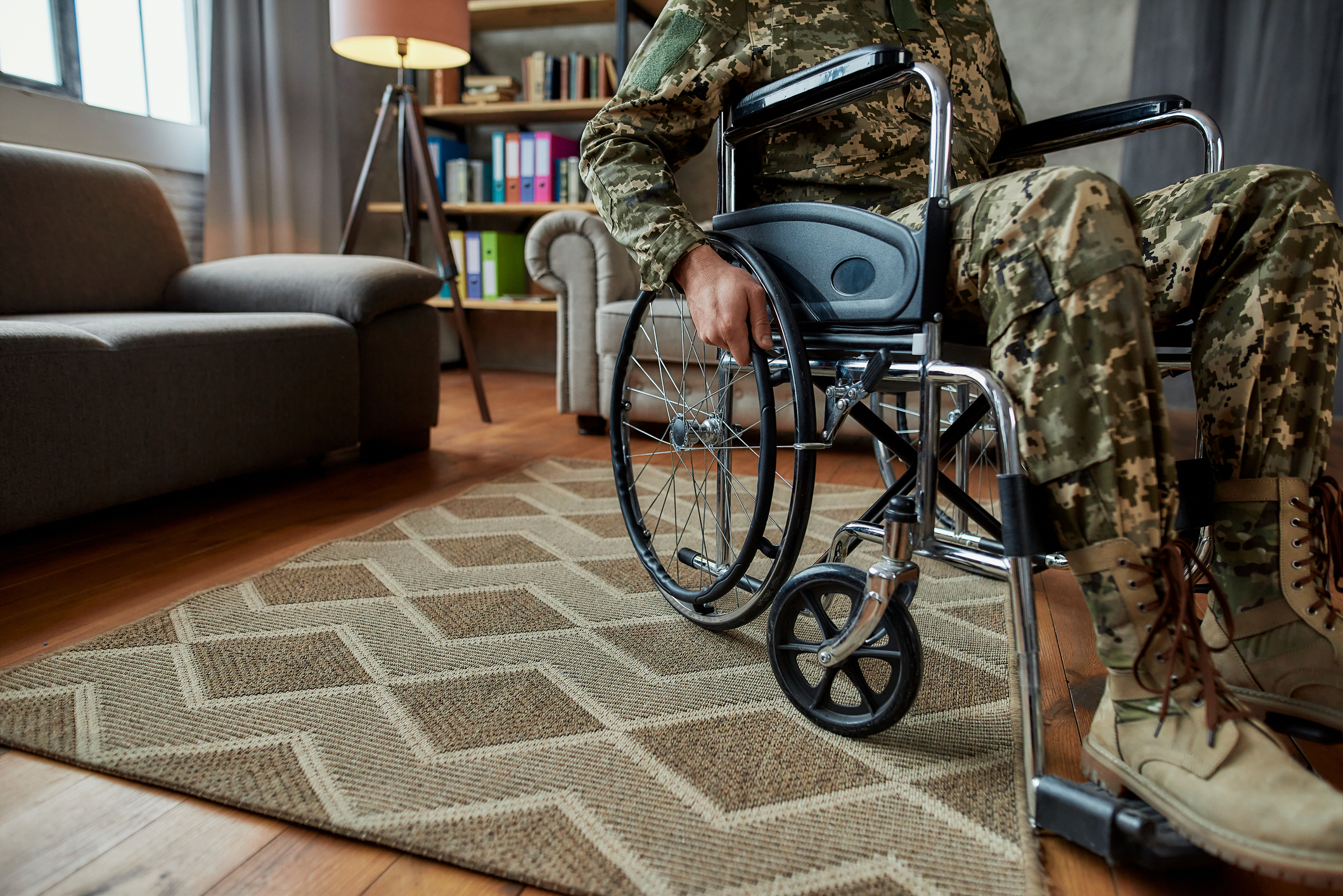Welcome to GROW®! All feedback is warmly welcomed at [email protected]
Post-traumatic stress disorder (PTSD) may be experienced after particularly traumatic events in a person’s life. There are a wide range of potential causes, including childhood neglect, violent assault, and serious health problems. It may be some time before the symptoms of PTSD are experienced, with flashbacks and anxiety attacks being common. While studies have been limited, there is evidence that medical cannabis can reduce such symptoms.


Post-traumatic stress disorder (PTSD) is an anxiety disorder resulting from the direct experience or witnessing of a traumatic event.
Many people will have difficulty adjusting to life after such events, but they can be expected to recover with the right care. However, a diagnosis of PTSD may be made when the symptoms get worse, lasting for months or years, and start interfering with everyday life.
Individuals suffering from PTSD may experience vivid intrusive memories and nightmares. Feelings of isolation, anger, and guilt are also common. They may struggle to get sufficient sleep and maintain concentration.
Other symptoms of PTSD include:
As mentioned, PTSD may develop following a severely traumatising event, with the onset of symptoms coming weeks or years afterwards. It affects around 1 in every 3 people with experiences of severe trauma.
Some of the types of events that might result in PTSD include:
Individuals who have previously experienced anxiety and/or depression will be at higher risk of developing PTSD. The level of support received from family and friends may also be a contributing factor.
The primary treatment modality is psychotherapy, which can involve strategies such as cognitive behavioural therapy (CBT), exposure therapy and eye movement desensitisation reprocessing (EMDR).
Several medications can also be used to help improve symptoms associated with PTSD, including antidepressants, anxiolytics, and the alpha-blocker Prazosin.
A large proportion of PTSD sufferers are known to self-medicate with cannabis for the alleviation of symptoms such as anxiety and depression. There is also evidence to suggest that medical cannabis could help in the reduction of flashbacks and nightmares. This is consistent with high concentrations of cannabinoid receptors being found in the prefrontal cortex, amygdala, and hippocampus; areas which are involved in fear acquisition and extinction.
High-THC and balanced THC:CBD strains appear to be the most widely utilised and reportedly effective medical cannabis preparations among patients with PTSD, but further research into this is necessary.


Yes. Cannabis-based medicinal products (CBMPs) have been legal since the 1st of November 2018, when they moved from a Schedule 1 product to a Schedule 2 product. This reflects their potential for medical use.
Cannabis-based medicinal products, also known as CBMPs, can be prescribed by private consultants, when appropriate, within their specialty area when there is unmet clinical need.
In the UK cannabis medicines are accessed primarily via private clinics. However, any specialist physician can prescribe cannabis medicines. GROW® is here to provide education and support to any specialists looking to prescribe or just to find out more.
There are 3 licensed medicines which contain cannabinoids – Epidiolex for some forms of epilepsy, Sativex for multiple sclerosis (MS), and Nabilone for chemotherapy-induced nausea and vomiting (CINV). However, only a handful of prescriptions have been issued in the NHS to date.
Most cannabis-based medicinal products (CBMPs) are instead unlicensed, and they must be written on a private prescription, typically issued by private clinics specialising in medical cannabis treatment.
Cannabis medicines come in multiple forms; flowers, often referred to as herbal cannabis (to be vaporised, rather than smoked), oils (taken under the tongue) and capsules. Cannabis medicines come in high-THC, high-CBD and balanced varieties.
Smoking medical cannabis is illegal. Medical cannabis can instead be taken in different forms depending on the desired speed of onset and duration of action, which is discussed between the patient and their doctor.
It’s important to find clinic that works for you. Most importantly you need to find a Doctor that specialises in your condition. For example, patients with pain will need to see pain specialist, while those with a mental health condition must see a psychiatrist.
It’s important for patients to know they can use any pharmacy that supplies the appropriate medicines in the UK.
Some clinics have a preferred pharmacy but will be able to send prescriptions to others if needed.
To speed up the process, patients should bring a copy of their medical records. These are then forwarded to the clinic in advance of the first consultation.
No. Cannabis-based medicinal products (CBMPs) are only prescribed by GMC-registered specialist doctors. As they are medicinal, CBMPs are regulated by the Medicines and Healthcare products Regulatory Agency (MHRA); which ensures the safety, quality, and effectiveness of medicines in the UK.
Over-the-counter (OTC) CBD products can be purchased without a prescription in pharmacies, health food shops, or online. These may come in forms such as oil tinctures, capsules, or vapes. They are not medicinal products as they are regulated by the Food Standards Agency (FSA) as a food supplement, with a 0.3% limit on THC.
Patients are free to seek a second opinion from another clinic. Patients should ensure the clinic has communicated their reasons for deciding not to prescribe. It may be that they feel you should try other medicines before trying cannabis medicines, or that they need to see more information about your medical history before they are happy to prescribe.
For patient enquiries - [email protected]
For doctor enquiries - [email protected]
For all other enquiries – [email protected]
Healthcare professionals can also sign up to our Doctor Portal.
We are always here to help. If you have a question, comment or want to learn more please fill in your details below and one of our team members will contact you.
By selecting "Yes, I am a HCP", you hereby confirm you are a Healthcare Provider and consent to view the contents of this site.

